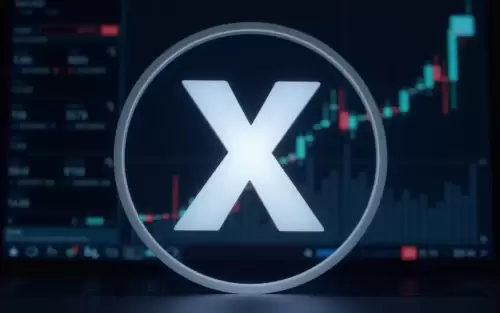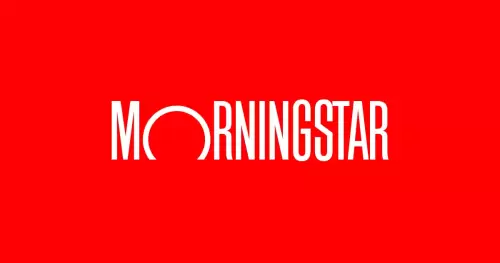 |
|
 |
|
 |
|
 |
|
 |
|
 |
|
 |
|
 |
|
 |
|
 |
|
 |
|
 |
|
 |
|
 |
|
 |
|
Cryptocurrency News Articles
The Solana Foundation has revealed that a critical vulnerability affecting its Token-2022 standard was quietly patched in April, averting what could have been a catastrophic breach.
May 05, 2025 at 04:36 pm
A critical vulnerability affecting Solana’s Token-2022 standard was patched in April, according to a statement by the Solana Foundation.
The bug, which affected a specific feature in Solana’s Token-2022 framework known as “confidential transfers,” could have been exploited to mint an unlimited number of tokens or withdraw funds from any account without authorization.
This feature relies on zero-knowledge cryptography, specifically the ZK ElGamal proof system, to enable private transactions. However, a missing algebraic component in a hash used for cryptographic verification left the door open for manipulation.
With this flaw, a malicious actor could forge a valid cryptographic proof. Such a fake proof would grant them the ability to mint new tokens or drain existing accounts without detection.
The issue was first reported on April 16 and was fixed within two days. The fix was coordinated by core development teams from Anza, Jito, and Firedancer, with additional support from Asymmetric Research, Neodyme, and OtterSec.
No exploit was observed, and the bug was patched quickly. However, the revelation caused some market jitters.
After news of the vulnerability broke, the combined value of these tokens dropped by around 5%, settling at $16.1 million.
The Solana Foundation’s decision to keep the issue quiet drew mixed reactions. Some critics argued that the manner in which validators quickly came together to coordinate such a complex fix reflects an uncomfortable level of centralization within the network.
One community member questioned whether validators could use similar coordination to carry out or cover up harmful actions in the future.
However, others defended the approach, adding that silent patches are a standard best practice when dealing with zero-day bugs. Industry veterans, including developers from Bitcoin and Polygon, said these behind-the-scenes efforts prevent real-time exploits while teams work on a secure fix.
Hudson James, a VP at Ethereum layer-2 network developer Polygon Labs, said: “This is totally fine. Bitcoin, Zcash, and Ethereum have all had instances where the core devs needed to privately plan a secret bug fix. A good chain culture means having mature devs who can accomplish stealth fixes.”
Anatoly Yakovenko, co-founder of Solana, also noted that validator coordination is not unique to his blockchain network. He compared the process to similar consensus-building mechanisms on Ethereum, which would usually involve validators like Lido, Binance, Coinbase, and Kraken.
Disclaimer:info@kdj.com
The information provided is not trading advice. kdj.com does not assume any responsibility for any investments made based on the information provided in this article. Cryptocurrencies are highly volatile and it is highly recommended that you invest with caution after thorough research!
If you believe that the content used on this website infringes your copyright, please contact us immediately (info@kdj.com) and we will delete it promptly.





























































